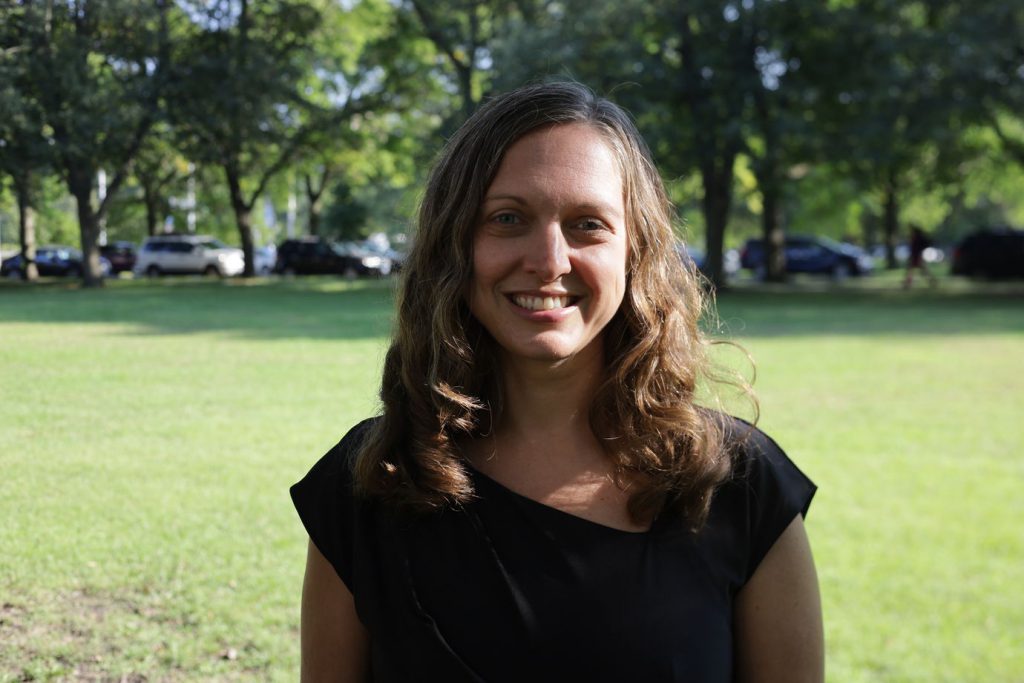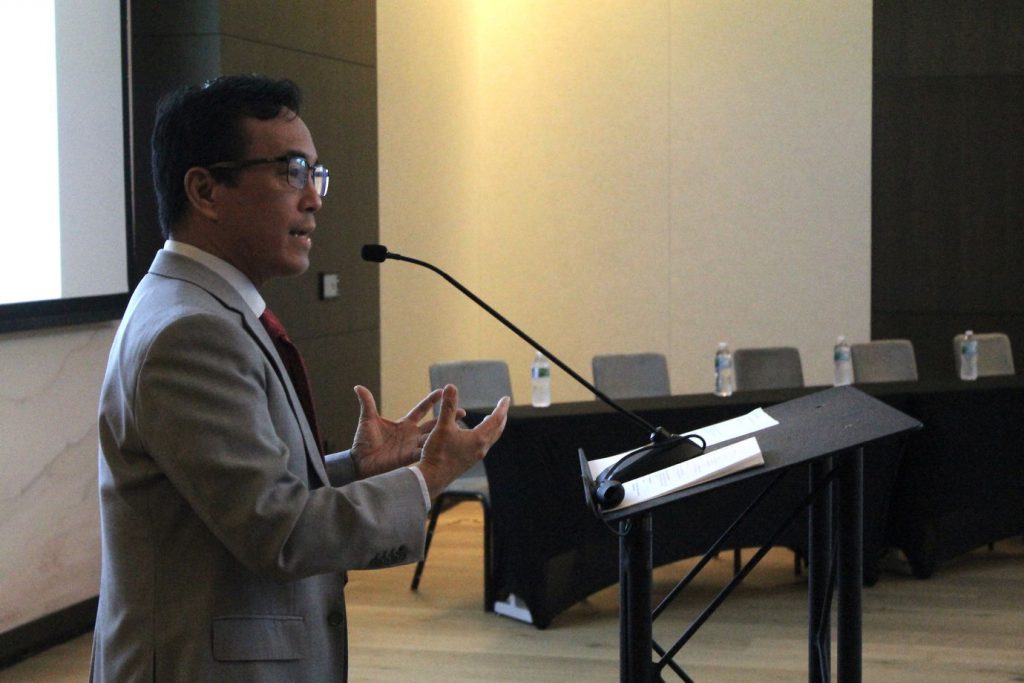October 10, 2023
Child and adolescent mental health are in crisis, according to the 2023 American Psychological Association Trends Report. Conditions have been worsening for over a decade, with a 40% reported rise in feelings of persistent hopelessness and suicidality in teens from 2011 to 2021. The pandemic, which has placed additional stress on public health and social systems, exacerbated these symptoms as youths lost parents or caregivers to COVID, experienced increased economic strain as caregivers lost jobs, experienced increased physical and emotional abuse at home, and lost access to safety nets, support, and services provided through their schools.
According to the CDC, one in five teens has seriously considered suicide, and one in ten have attempted it. These alarming symptoms have been compounded in groups that typically experience discrimination: girls, LGBTQ+ youth, and those experiencing racism. And the problem is global—according to the World Health Organization, 1 in 7 people ages 10 to 19 experiences a mental disorder such as depression, anxiety, ADHD, eating disorders, self-harm, risk-taking behaviors, and psychosis, and suicide is the 4th leading cause of death in people ages 15 to 19.
On October 30, 2023, the University of Chicago Center for Chronic Disease Research and Policy convenes policymakers, researchers, clinicians, parents, and community members to address this critical problem at its 11th annual research symposium, Strengthening Adolescent Health and Health Policy, at the Gordon Center for Integrative Science at the University of Chicago. Featuring a keynote by Illinois Department of Public Health director Sameer Vohra, as well as lectures by Karam Radwan, director of Child and Adolescent Psychiatry at the University of Chicago, Chuka Emezue, assistant professor of nursing at Rush University, and Melissa Kull, senior researcher at Chapin Hall, the daylong event also includes a poster session, lunch, and opportunities for attendees to mingle as part of the CDRP’s mission to foster conversations on contemporary research and policy and build partnerships across institutions to improve public health.
“Child and adolescent mental health affects everyone—not just youths but parents, grandparents, teachers, social workers, and members of the communities in which they live,” says CDRP faculty affiliate and symposium co-organizer Anna Volerman, Associate Professor of Medicine and Pediatrics at University of Chicago. A primary care physician and a health services researcher, Volerman researches new approaches in clinical and community settings with the goal of reducing long-standing systemic and structural inequities to help children and their families thrive in the settings where they live, learn, work, and play.
Mental health problems are widespread but often difficult for caregivers to identify, notes Volerman. “We’re seeing higher rates of depression, anxiety, trauma, and post-traumatic stress among children and adolescents,” she says. “But people don’t say, ‘I think my child has post-traumatic stress’—they say, ‘My child is struggling with communication. We’re struggling with behaviors. We’re struggling with a child running away from home.’ When you dig deeper you can understand what is behind it.”
“The pandemic took away many of the social supports that existed for youth,” says Volerman. “Some children were lucky because their parents were home more, but some children were not—and adults were facing additional stressors such as unemployment or lack of childcare that created a more troubled atmosphere at home for many.”

However, the social isolation many younger people experienced during the pandemic is only part of a persistent shift in how people experience and form social relationships in a technologically mediated environment. “The use of technology forces people to connect in a different way than previously,” she says. “On social media, you can post something, and it can be gone two minutes—but the effects remain.”
For the symposium October 30, Volerman expresses hope that the meeting will not only be an opportunity for attendees to share knowledge but also foster new partnerships among researchers and community members, as well as develop more coordinated strategies with policymakers including Vohra, who received his master’s degree in public policy and completed his pediatrics residency at UChicago. Vohra’s lecture, “The State of Illinois’s Adolescent Health: An Illinois Department of Public Health Update,” will discuss initiatives such as the Illinois Children’s Behavioral Health Transformation Initiative, directed by Chapin Hall senior policy fellow Dana A. Weiner.
“I’m excited that we can expand our knowledge together and exchange ideas to make an impact on the mental health crisis,” she says. “Dr. Vohra is an amazing advocate for youth, and the state has been doing a lot of work related to mental health. I’m excited to hear more about the work that’s happened and what’s to come at the state level and think about how those of us on the ground level can be part of advancing and supporting that work. I hope anyone with a passion to be part of the solution will be there.”

CDRP director and symposium co-organizer Elbert Huang, Professor of Medicine and Public Health Sciences, says, “Every year, the CDRP hosts a research symposium that brings together policymakers, researchers, and clinicians. In addition to igniting conversations on contemporary research, the purpose of the symposium is to strengthen ties and build partnerships across institutions so that our research and advocacy can improve the health of our community. In response to the resounding evidence, the CDRP is prioritizing adolescent mental health and committed to seeking interventions and supporting policies that will make a difference. We hope this year’s symposium will be an important part of the solution.”
CDRP 11th Annual Symposium: Strengthening Adolescent Mental Health and Health Policy
October 30, 8:30AM-3PM
Gordon Center for Integrative Sciences 3rd Floor Atrium
Register to attend
Submit a poster for the poster session

